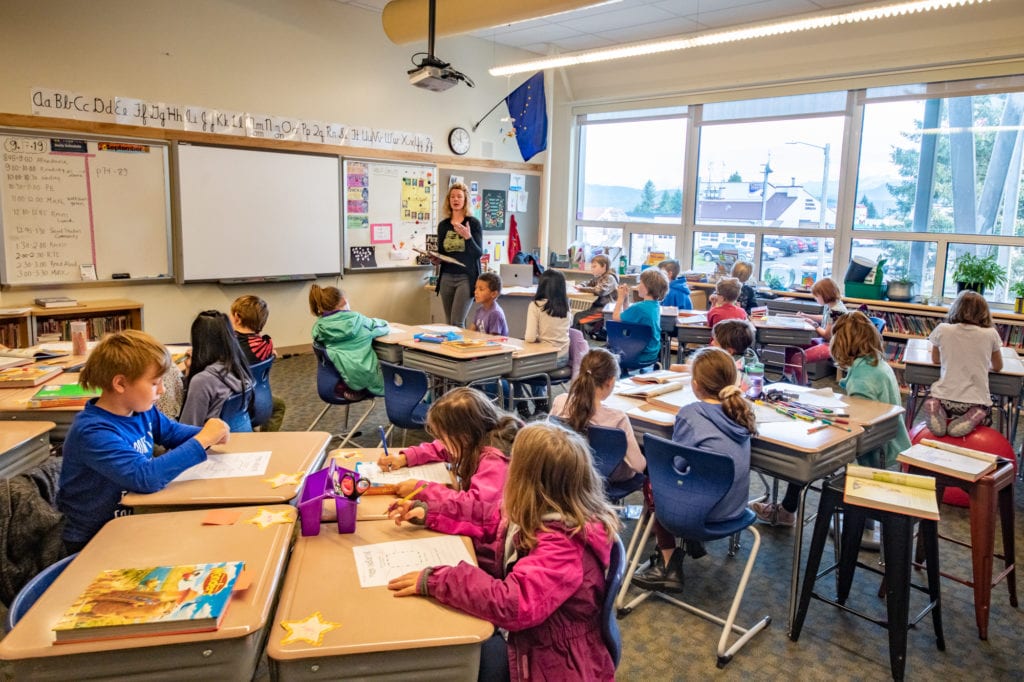
By Norm Wooten
For The Cordova Times
The second session of the 31st Legislature is almost upon us and will convene Jan. 21.
The first date for the pre-filing of new legislation is Jan. 7 with the public release of those bills on Jan. 10. The second pre-filing is Jan. 14 with a release on Jan. 17.
Keep in mind this is the second session of the 31st legislature so all bills filed during the first session are still active and able to be scheduled for committee hearings and acted on by the respective bodies.
During the first session, there were a minimal number of bills referred out of committee to be heard on the floor. That session will likely be remembered as “the budget session” since it took the entire regular session and additional special sessions to finally pass a budget. The session got off to a slow start with the house taking two weeks to organize and with alliances never seen before.
It is difficult to look into the “crystal ball” and make any predictions on what might happen during the second session. However, there are indicators that will undoubtedly have an effect on the legislative process.
Hanging in the background is the lawsuit filed by the Legislative Council. The basis of the suit is several actions taken by the 30th legislature. As has been customary over the last several years, the legislature “forward funded” education expenditures for 2020. Additionally, there were two one-time appropriations of $20 million for education in FY19 and $30 million for 2020. The Administration withheld the FY19 $20 appropriation until almost the end of FY19.
There were threats to withhold the forward funding for FY20 as well. This was based on the administration’s interpretation of Article 9, Section 7 of the Alaska Constitution, known as the Dedicated Funds Clause. This clause does not permit one legislature to bind another legislature. The legislature’s interpretation is that the subsequent legislature had every opportunity to negate that action and did not do so. Further, the suit bases its argument on the fact that the administration’s refusal to comply with legally appropriated funds violates the separation of powers, thus usurping the authority of the legislative branch. The administration agreed to release the funds and allow the suit to work its way through the legal system. A superior court ruling was issued that the appropriations are legal. The next step will be the Alaska Supreme Court. This issue will be on the minds of all three branches of government as the session begins.
The administration made frequent statements about the need to further reduce government expenditures. Most believe education, as the second-largest expenditure in the state budget, is a candidate for budget reductions. The administration contracted with King Economics Group for a study of the education foundation formula over the interim. The principle for the firm, Ed King, is the former Chief Economist for OMB. Noteworthy is the 2015 foundation formula study commissioned by the Legislature with Augenblick, Palaich & Associates. This is a firm with extensive experience in examining education funding in numerous states. The report was positive about the fairness and equity in Alaska’s formula and in fact, recommended slight increases within several components.
Possible topics to be taken up might include:
- Bond Debt Reimbursement (currently funded at 50%).
- REAA/Small School Construction (Kasayulie Settlement).
- School District Consolidation – SB 126 (would reduce school districts from 54 to 18).
- School Board Term Limits – SB 45.
There are also issues that, while not directly related to education, might be classified as distractions. They will likely take up considerable legislative time or be the minds of lawmakers and the public:
- PFD – follow the formula or change to another method of determining the amount?
- Recall initiative.
AASB staff will continue to publish the weekly newsletter, The Session, throughout the session. You can expect it each Monday morning. Other important dates for board members to participate in the legislative session are:
- Feb. 8-11 – First Legislative Fly-In and Youth Advocacy Institute
- March 28-31 – Second Legislative Fly-In
This session will be critical for K-12 education, and we’ll do our best to keep you informed and alerted when your testimony to legislative committees is most needed. I urge you to be an active participant in our advocacy efforts. Together, we can be an influential voice for all of Alaska’s students.
Norm Wooten is the executive director for the Association of Alaska School Boards.





